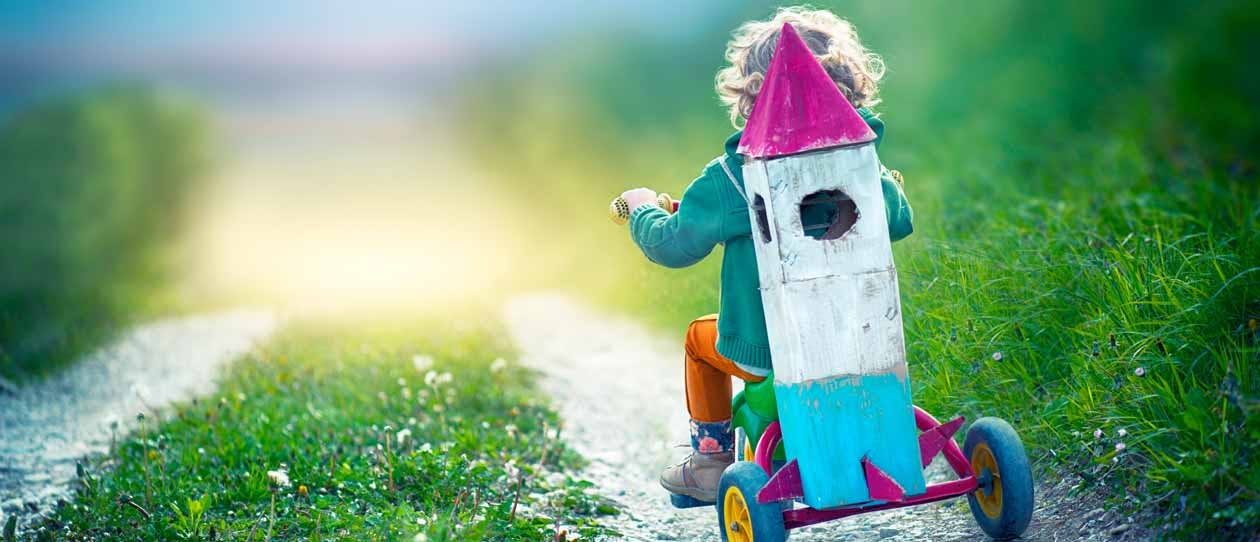Playing is an essential part of childhood development. In fact, many experts are now saying that time spent in the playground is more beneficial than time spent in the classroom.
In this era of overscheduling, over-supervision and too much time engaging with screens, it’s thought that playing helps children develop social, emotional and physical skills, stimulates the imagination, boosts concentration and self-confidence, promotes healthy cognitive function, and probably most importantly of all, it’s fun!
Here are 4 ways play-based learning may benefit your child – and how you, as a parent, can help facilitate playtime while bringing some playfulness back into your own life, too.
1. Play helps develop language skills
Playing with objects is one of the first ways children learn how to put words and things together, and adults are a vital part of this stage of language development.
When children explore a toy, a block or even a kitchen spoon, they’re trying to make sense of what they are and what they do, and you can help them form the words they need. As they grow up and start using their words, you can help them develop their vocabulary by encouraging conversations while playing with them — and it’s also a perfect way to spend some quality time together.
2. Play encourages literacy development
Drawing pictures, writing words, reading out loud and singing nursery rhymes are all vital forms of play, helping your child to connect letters on a page to spoken sounds and syllables.
There’s a reason Dr Seuss books are still so popular: the simple, clever rhymes make children laugh while encouraging them to learn, and your nostalgia for those books and others like them, which you probably grew up with too, means you’ll enjoy reading along with them, so it’s a win-win.


